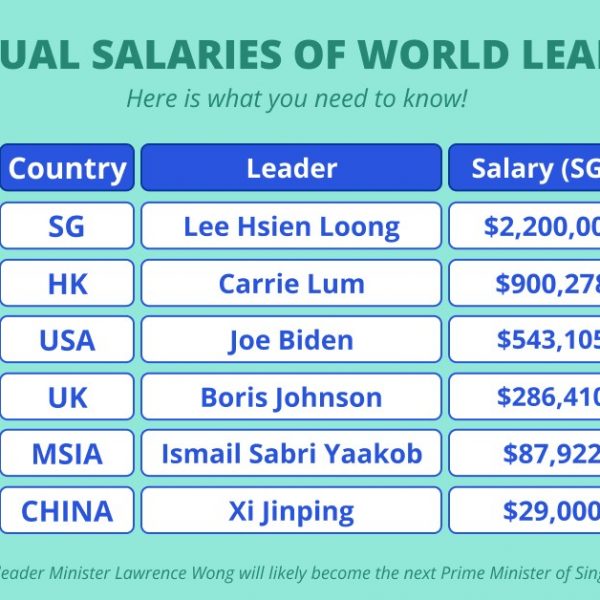Indian tech giant Tata Consultancy Services (TCS) has been accused of discriminatory hiring practices in the United States. The company is facing a class action lawsuit in the US over allegations of favoring Indian and South Asian candidates during its hiring practices.
The lawsuit was filed in the US district court for the district of New Jersey on 7 Dec. The complainant worked for the company for nine years before being let go.
Contents of the lawsuit against Tata
The lawsuit accuses Tata of creating and maintaining an overwhelmingly disproportionate workforce in the US. Their employees are approximately 70% South Asian, and most of them are from India.
The suit also claims that Tata has a systemic pattern of discriminating against applicants and employees with regards to hiring, staffing, benching, and even promotion. Moreover, these decisions are implemented top down at the company.
According to the US law, a hiring decision cannot be based on a person’s race or national origin. The lawsuit alleges that despite meeting the qualifications for promotion for several years in a row, some employees were never promoted even after getting recommendation for promotion by managers or even clients. A class action lawsuit refers to people who have suffered the same or similar consequence.
This is not the first time that the Indian software company has been slapped with such a lawsuit.
A similar lawsuit was filed in 2015 which the company won in 2018. At the time, the jury determined that Tata did not have a pattern or practice of discriminating against non-South Asian individuals.
Tata in Singapore
Tata Group’s IT arm is India’s largest software exporter. In Singapore, their clients include Singapore Airlines and Citibank. In 2019, they even signed a multi-dollar outsourcing deal with People’s Association. According to their LinkedIn, they have more than 10,000 employees in Singapore.
If the human resource procedures are the same internationally, do they have the same discriminatory practices here?





